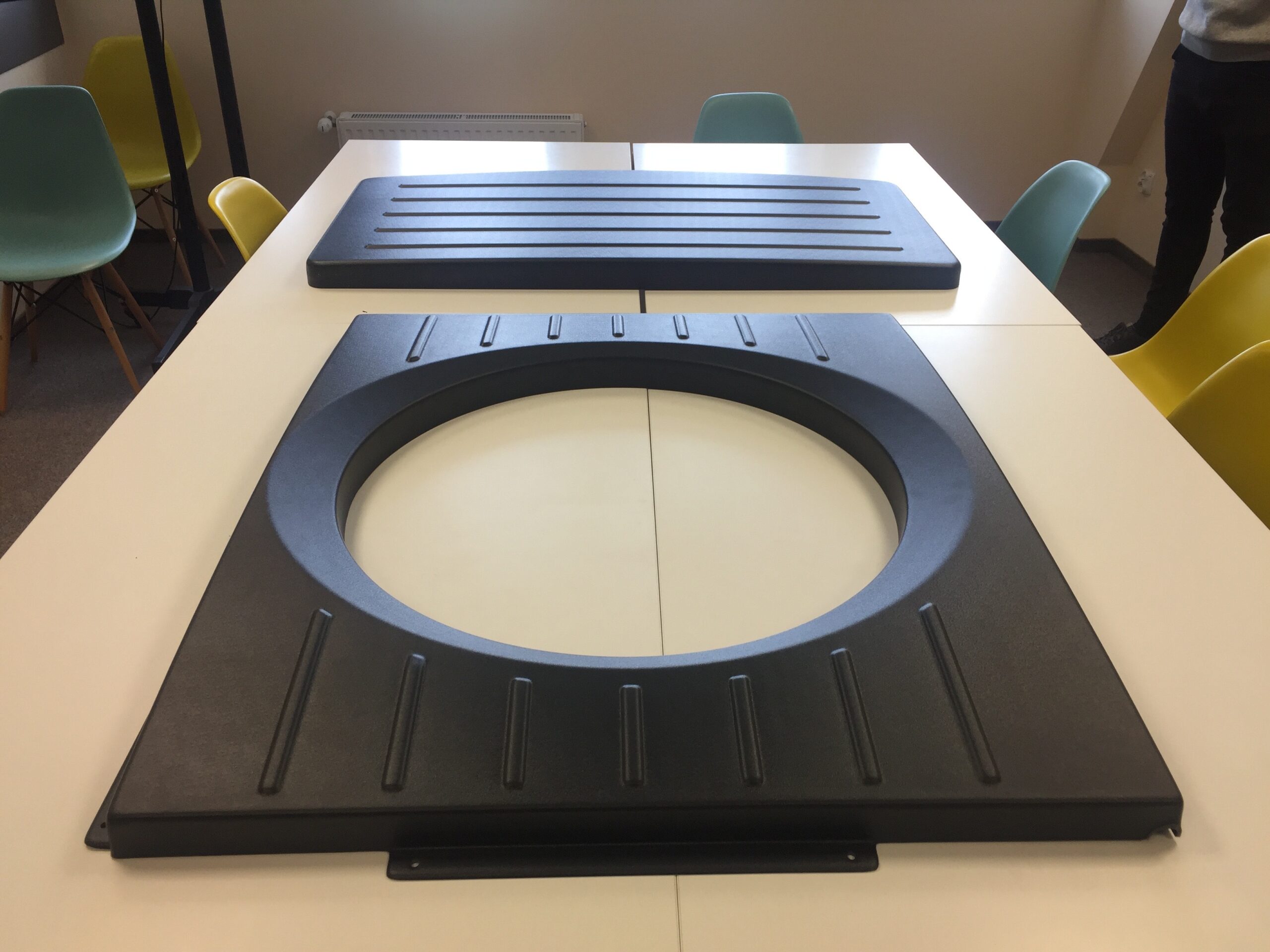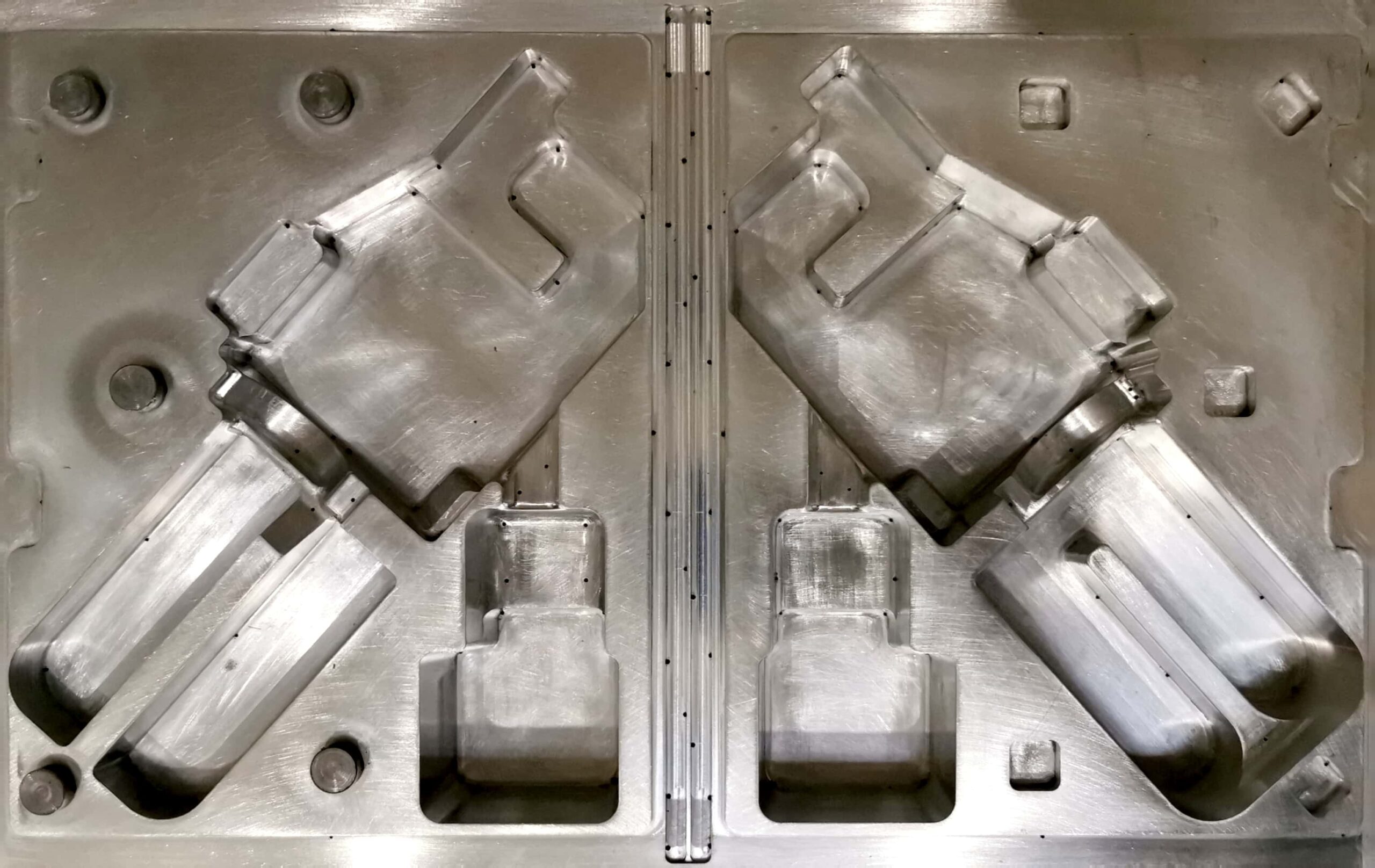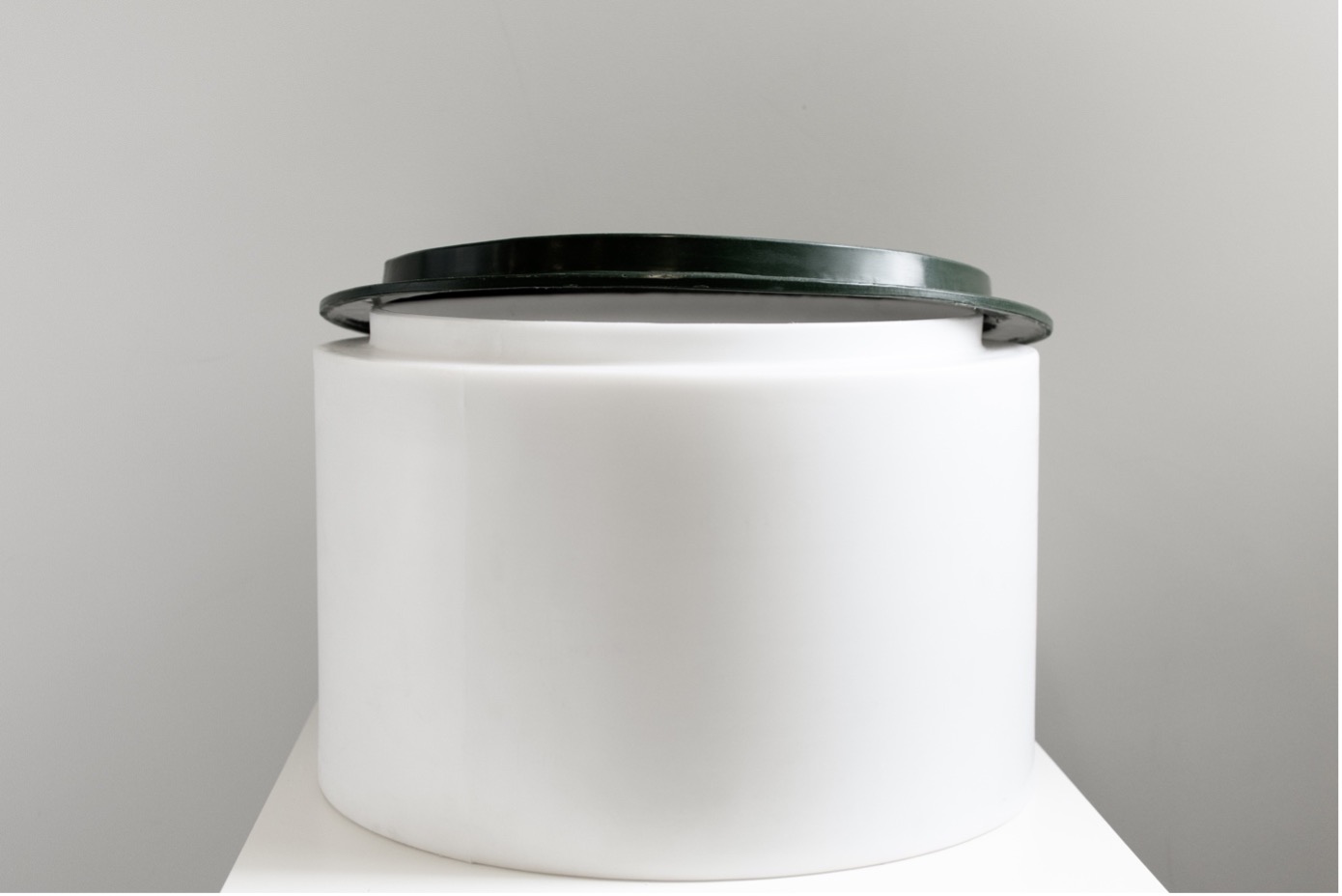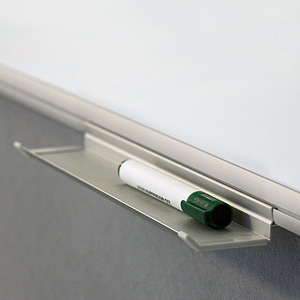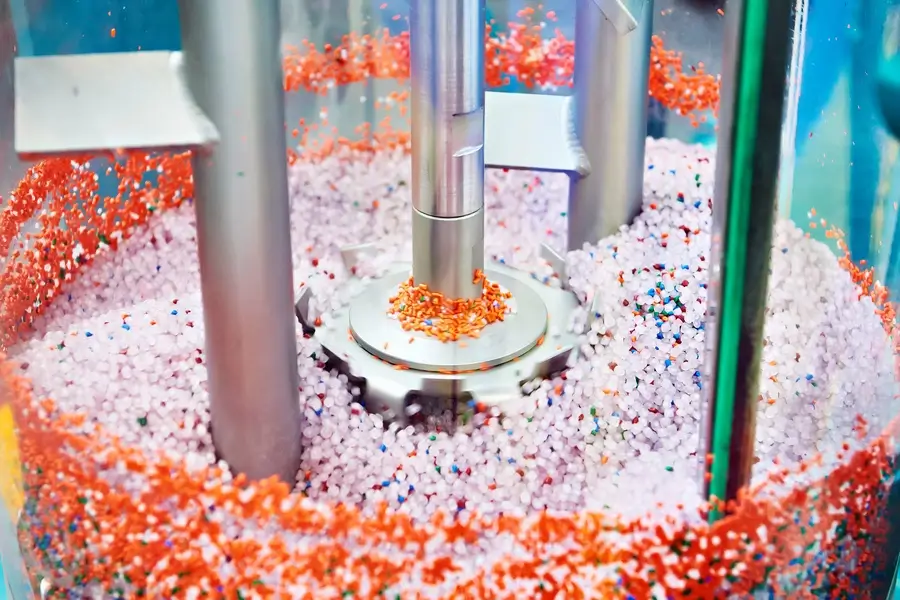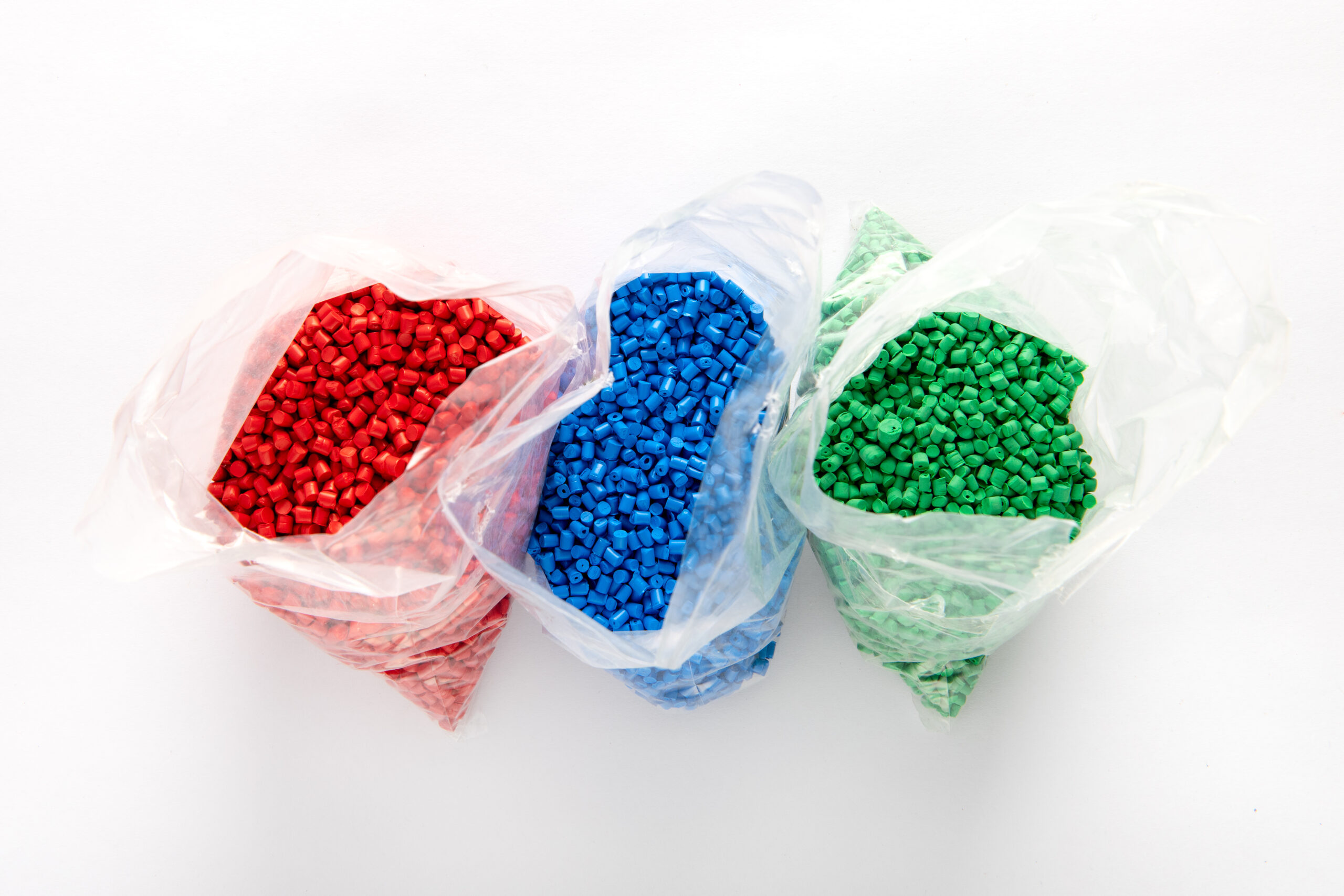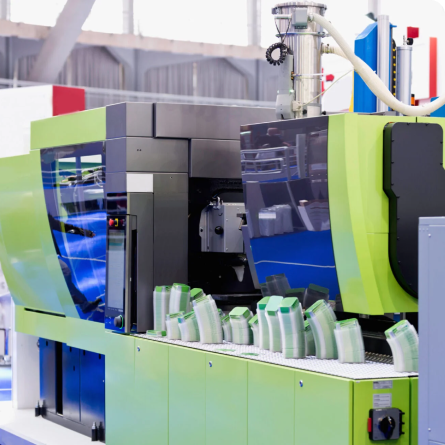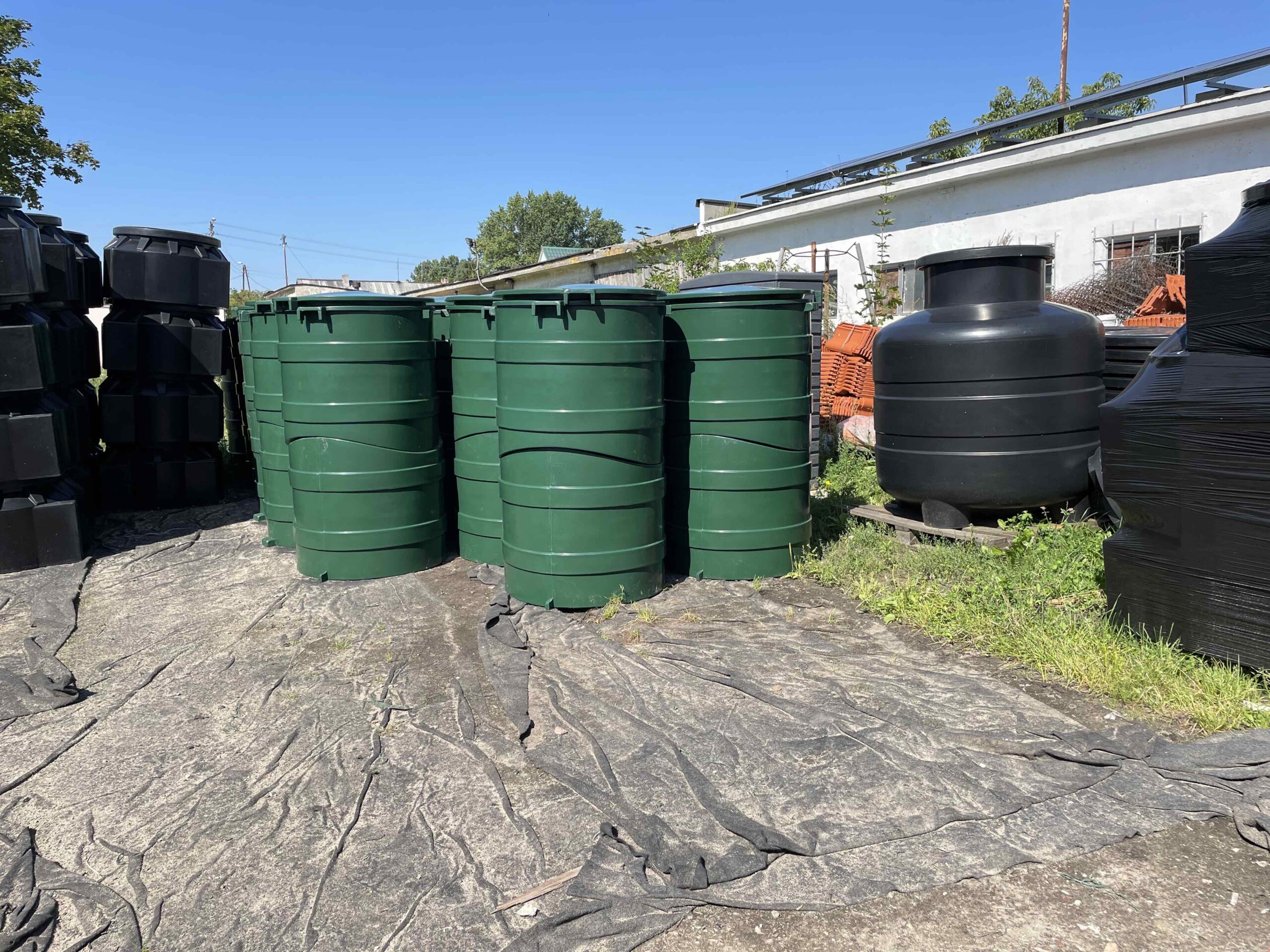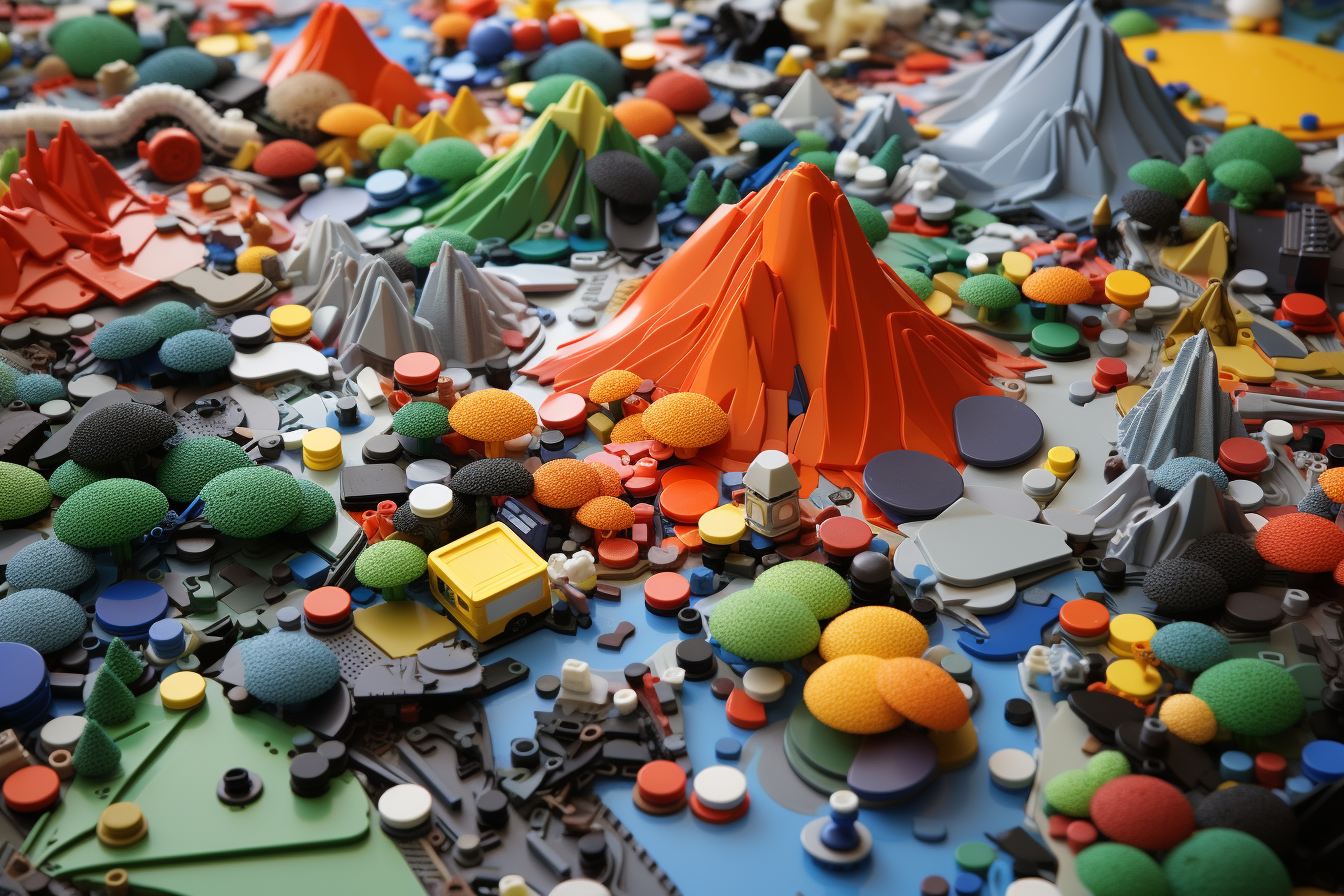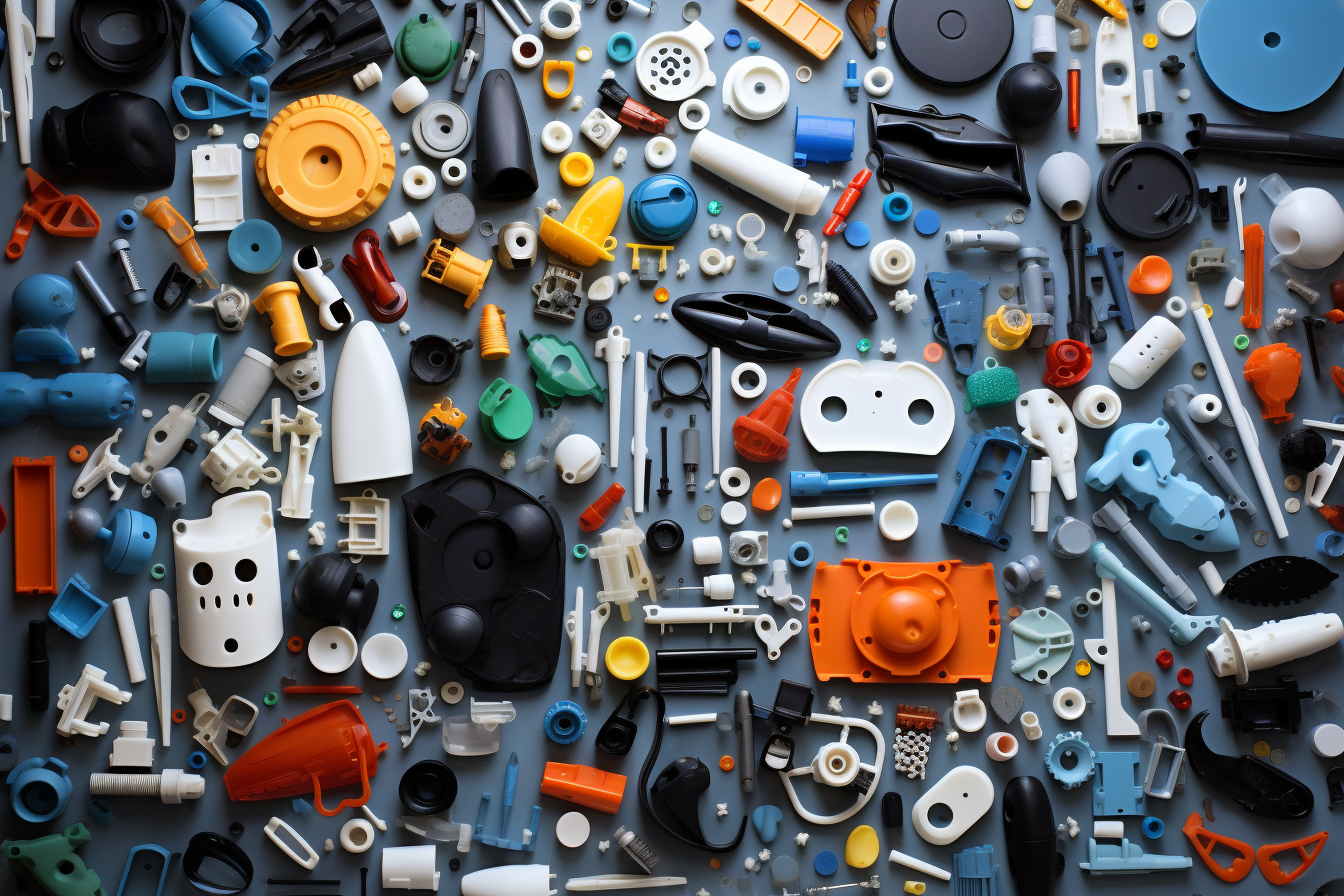Plastic covers are now used in many industries. Thanks to their unique properties, they successfully replace other materials, such as steel or concrete.
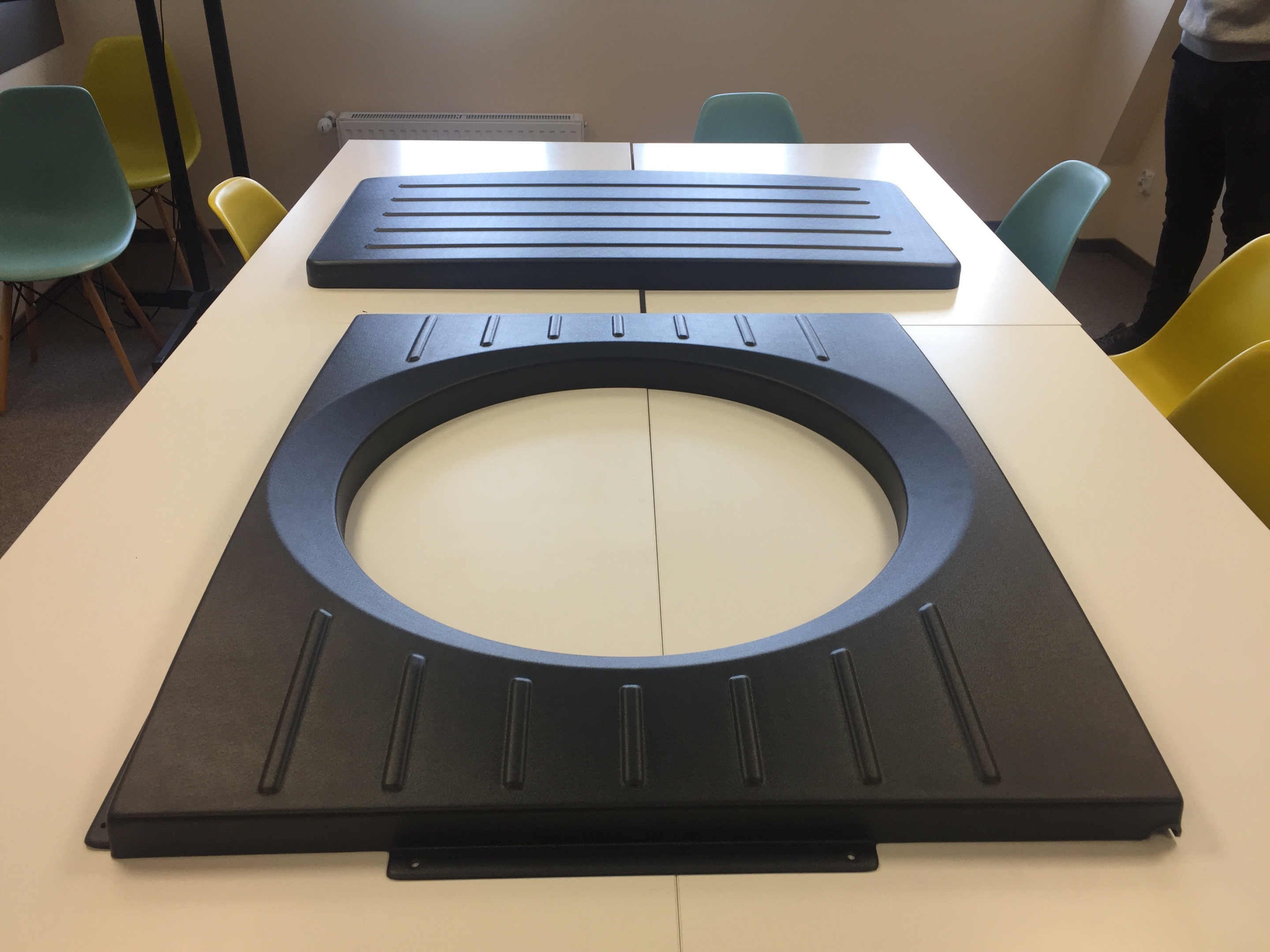
Application of plastic covers
Plastic covers are widely used in many industries and applications due to their versatility, durability and relatively low production costs. Here are some of their areas of application:
- Machinery and equipment components – can be protective elements for all kinds of machinery and equipment.
- Building and construction – can serve as protective elements for electrical and plumbing systems.
- Electronics – are used to protect and safeguard delicate electronic components.
- Packaging – are commonly used as closures for containers for food, beverages, cosmetics, pharmaceuticals and chemicals
- Toys – are used as safe, durable components of many types of toys.
Advantages of plastic covers
The use of plastic covers has many advantages, both in terms of utility and production. Here are some key benefits:
- Lightweight – Plastic is a relatively low-density material, which makes products made from it lightweight. This makes it easier to transport and install plastic covers.
- Corrosion resistance – Unlike metal, plastic is resistant to corrosion, making it an ideal choice for applications where there is a risk of corrosion.
- Versatile shaping capability – Plastic can be easily molded into almost any shape, allowing the production of lids with complex geometries to suit specific needs.
- Weather resistance – Many plastics have good resistance to weathering, such as UV radiation, rain, snow, which ensures the longevity of outdoor products. This is achieved with the right additives.
- Low production cost – The production of plastic covers is often cheaper than the production of covers made of other materials.
- Good insulating properties – Plastic is a good electrical and thermal insulator, which makes plastic lids suitable for electrical applications and can help maintain the desired temperature.
- Available in a variety of colors – The plastic can be easily dyed, making it possible to produce lids in a wide range of colors without additional painting.
- Recyclability – While not all plastics are easily recycled, many can be recycled, reducing environmental impact.
- Hygienic – Plastic is easy to clean and disinfect, which is important in industries that require high hygiene, such as the food and medical industries.
- Good shock absorption – Plastic can absorb shocks and impacts.
All this makes it common nowadays to replace other types of covers, such as those made of steel, laminate, wood or concrete, with a plastic product.
Don't wait!
Tailor the technology to your needs to reduce plastic production costs.
Methods of manufacturing plastic covers
The production of plastic lids can be carried out by various methods, depending on the requirements for the project, the scale of production and the physical and chemical properties of the plastic used. Examples of production technologies are listed below.
Injection Molding
We use the injection molding method to make covers in high-volume and mass production, due to the very high implementation costs. The technology is characterized by high efficiency, accuracy, and low unit cost.
Thermoforming
In the thermoforming method, we make covers in batch quantities, but not in mass quantities, usually a few hundred-something thousand per year. The technology is characterized by low implementation cost, as well as the ability to produce large-size covers.
Rotational Molding
In the rotational casting method, we make covers in similar quantities to thermoforming technology. For some applications, especially with PE material, this technology is more affordable, especially for larger sizes. The products are characterized by high durability.
Boiler cover as a special application example
Thanks to developing manufacturing technologies, plastics can also be in use in the demanding conditions in which equipment in the heating industry, such as boilers, operates. The finished product must have high aesthetics and durability.
The boiler cover (a.k.a. the lid) can be made of various plastics. ABS regranulate is a frequently used material because of its price and availability. Made of ABS, the merchandise is distinguished by its high durability, scratch resistance and low weight, which contributes to its popularity.
The use of plastic covers is very wide – from domestic boilers to industrial boilers to specialized boilers. Their properties make them an excellent solution for various heating systems.
We described more about the production of covers for the heating industry in a separate article
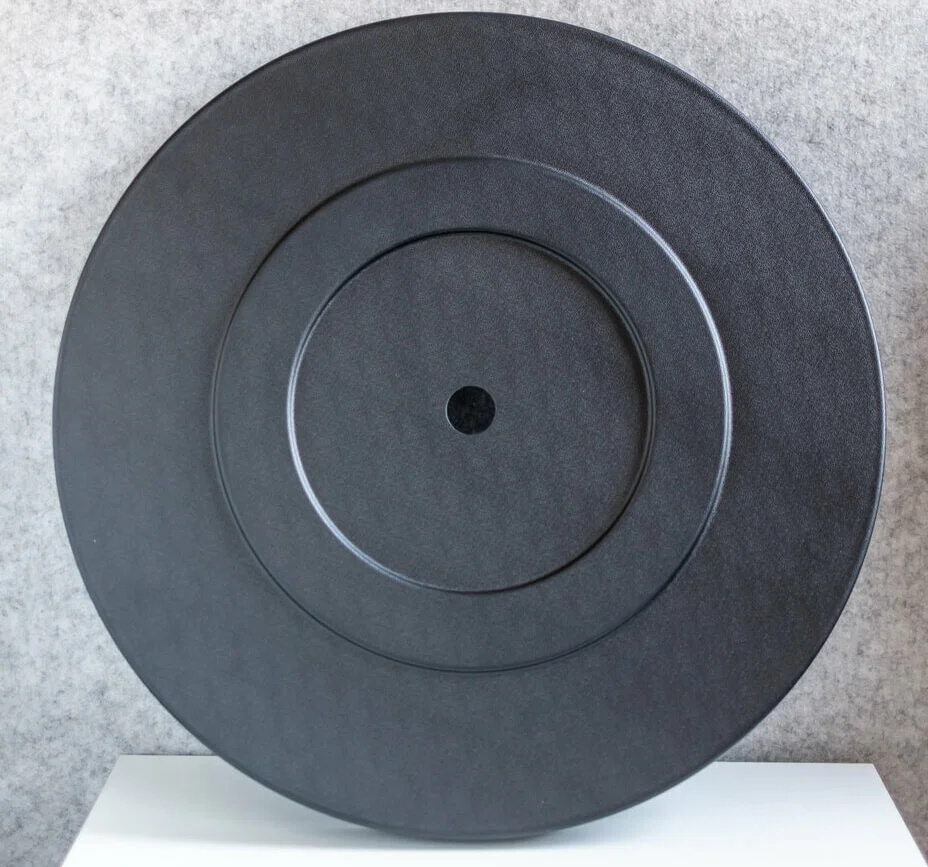
Boiler cover – production methods
Manufacturing methods for boiler covers can be the same as for other plastic covers. The most commonly used technology, is thermoforming.
Using thermoforming technology, we minimize implementation costs
The boiler cover, due to market demand, is produced in batches of a few hundred or a few thousand. For such expenditures, thermoforming technology will work best, due to its low implementation cost. They range from several hundred to 2 thousand zlotys gross.
Plastic boiler cover – advantages
The boiler cover made of plastic has many advantages, such as – high rigidity and surface aesthetics, low implementation costs and time, the possibility of using secondary material, and low prototyping or resizing costs.
Summary
Thanks to unique advantages such as low weight, corrosion resistance, good insulating properties and wide shaping capabilities, plastic covers are used very widely in industry and everyday life.
The heating industry, which is growing very rapidly, is increasingly turning to plastic components. Advantages such as lightweight parts, low cost of mass production and corrosion resistance are key to product solutions in this industry.
However, it is plastic covers that are becoming increasingly popular in various heating systems due to their durability, scratch resistance and rigidity with low weight.
If you need plastic covers, then consult the project with our expert to get the best technology proposal and an instant quote. At Plastipol you can order the production of covers in various sizes and production technologies. If you have questions, people from our team will be happy to provide information on how to optimize production costs. We also have experience in manufacturing boiler covers.


